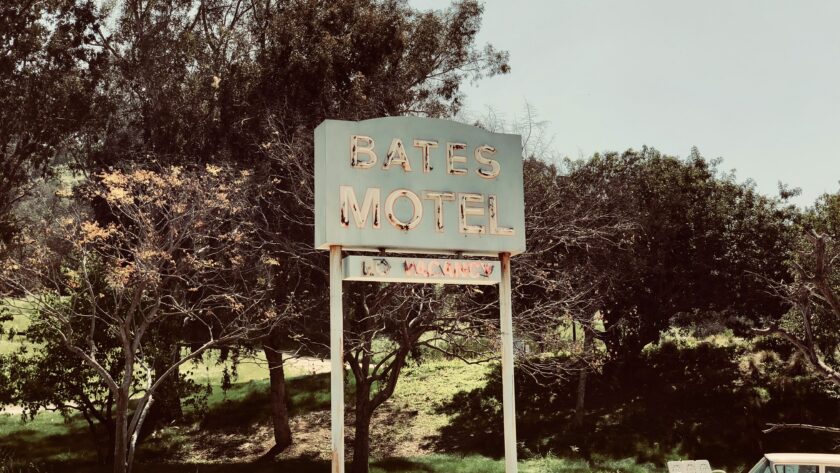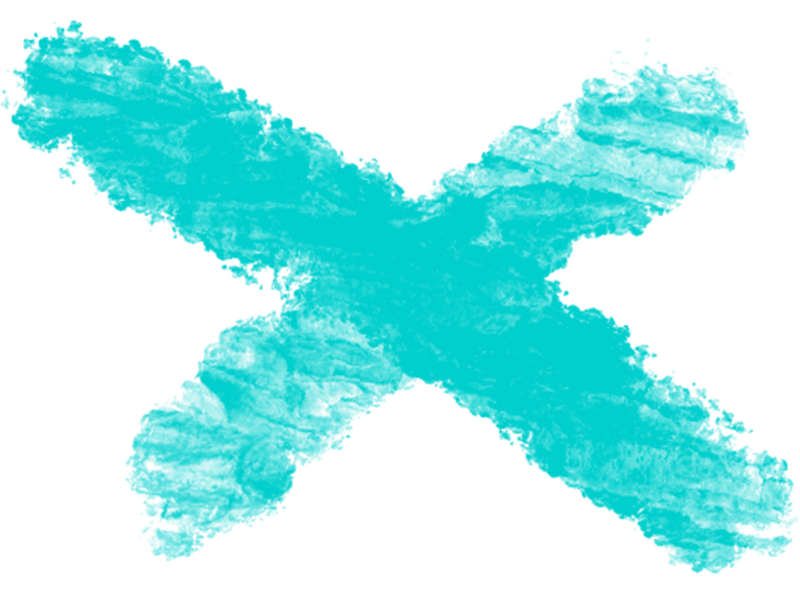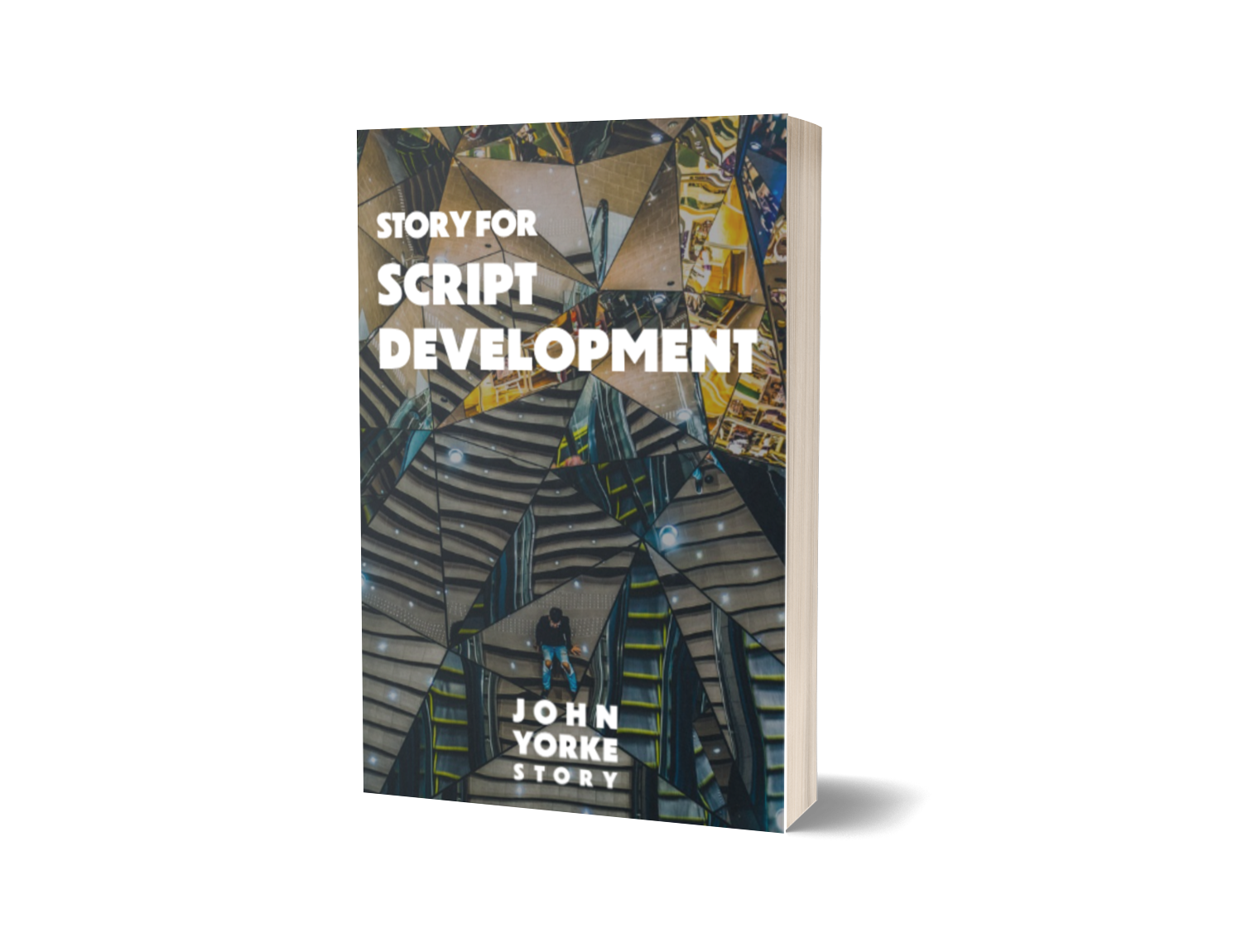I often get asked this question and as a quick overview, the production accountant team offer support to the production by keeping the books and records of the company.
The role is hands-on and we work closely with producers to help forecast how much the production is going to cost and to make sure that there’s enough money left in the pot. We also talk to other HODs (heads of department) from the location manager and costume designer through to the post-production manager, to keep track of their individual budgets. We need to ensure that there’s enough money left to take us right through to post-production and editing, and then the music, titles, graphics etc.
In fact, unlike other teams, production accountants interact with every department and person on the crew, which gives us insight into every facet of production.
That focus on the production process is what separates production accounting from other types of accounting. There’s a lot that goes into that process, including the story. I always read the script of any show that I’m on and I would expect my team to as well, because it provides a heads up as to where the key costs are going to be and where the peaks and troughs of our workload are. It’s not for production accountants to decide where the money is spent, but we can give the producers and line producers as much information as they need to make editorial decisions within the limited financial resources.
For example, if they wanted a scene with 300 extras, I could advise that if we brought it down to 50 extras, then that’d save enough money on catering costs, extra runners and additional costumes etc to pay for that drone shot or the stunt work. The producers might decide that having 300 extras is integral to the storyline and go with it, but I’ve given them a fuller picture to help them make that call.
Understanding the finances of a production can help writers grasp the implications of their story’s scope, what elements are likely to cost the most money.
– Lucy Drake
Who can become a production accountant?
People may think they need to be a qualified chartered accountant or hold a maths degree to work as a production account, but that’s not true. Although, it definitely helps to enjoy working with simple maths and numbers as you’ll be doing that every day.
In fact, this role would suit a huge number of people because the key to it is just wanting to work in the film & TV industry, where no day looks alike.
I’ve known production accountants who started in other areas of film & TV production, or who came to it as an accountant from another industry, or from a different background altogether. As long as you’re organised, like creative problem-solving, working with numbers and talking to people, the rest can be learned on the job.
It could be a great entry-level option for writers and aspiring script editors, too. Understanding the ins and outs of the finances of a production can help writers grasp the implications of their story’s scope, what elements are likely to cost the most money, and how to get the most out of their script. But also, it’s a job that can be done in so many different ways – there are a few people I know who do production accounting part-time alongside their writing projects.
It’s a job that can be full or part-time. You can do it in the office or working from home. It can be freelance, you can work abroad, you can work in the UK. It’s flexible and you can fit the role into the life you want.
Why are production accountants in high demand in the film & TV industry?
Production accounting was highlighted as a skills shortage area in the ScreenSkills Assessment 2021. That’s because the UK film & TV industry has grown enormously in the last ten years or so, particularly with the government tax credits and the demand coming through from streaming services like Netflix, Amazon Prime and Apple TV+. So the amount of production has grown hugely and we haven’t got the teams that we need with the necessary expertise to be able to fulfil all those jobs.
We’re desperate for people across all fields, but particularly in production accounting, because it’s so important to have those technical skills and knowledge to be able to support the productions. For example, if a production doesn’t deal with the taxes and payments properly, they risk being fined and facing penalties from HMRC, which would come from the production budget and that could very easily impact the end product.
That’s why we need to encourage people to join the industry and production accounting, and the reason why I’ve developed online training with John Yorke Story to help people decide if it’s the right career move for them.
I really value the way John Yorke Story teaches online…there’s so much support and interaction with industry professionals, unlike a lot of the online courses out there where you work in isolation.
– Lucy Drake
On that note, how have you and John Yorke worked together professionally?
John and I worked together very closely when I was the production accountant on EastEnders and he was the series producer.
Our budget from the BBC covered a financial year so it included all the episodes transmitted between 1 April until 31 March, and at the time we were making 211 episodes a year in 53 blocks.
We’d have regular cost report meetings with the line producer and I’d be regularly keeping summaries of how the cost of the blocks were doing compared with the budgeted block amounts – for example, if all the blocks were coming in over budget then we’d need to have cheaper blocks going forward for the rest of year. Or vice versa, if we were under budget, we could afford more expensive blocks. So as an overview that’s what we’d be working on together.
Why did you decide to develop a production accounting course with John?
I do a lot of face-to-face training in the industry, but I really value the way John Yorke Story teaches online – and their whole course package, really: people get to learn in a small cohort and work together to up their skills, and there’s so much support and interaction with industry professionals, unlike a lot of the online courses out there where you work in isolation. Yet at the same time, you have that flexibility of fitting the learning around your work or time zone. So it’s one of the best options that I’ve seen for professional development in this area.
Our first course, Introduction to Film/TV Production Accounting is aimed at people who are brand new to production accounting. So this could be people already in production who want to know more about what the accountants do. It could be for people wanting to get into the industry, existing accountants or bookkeepers in other industries. Or people who love the film & TV industry and are looking for a way in. The course will give them a strong working introduction to the role and help them decide whether it’s a career move they’d like to make.
Our second course is in development but we’ll be announcing it in Spring 2023.
Low budget films can be challenging but also rewarding as you’re providing a lot more advice and support to the producers as you’re literally managing the pennies every day.
– Lucy Drake
How did you start out in the industry?
I did a degree in performing arts, specialising in arts administration, and originally intended to work in theatre as I didn’t think it’d be possible for me to work in film & TV.
I’d always wanted to work in the creative industries but in a role that suited my skills base, so trained as a chartered accountant. Eventually I got offered a job at the BBC working as a project accountant for the financial director of the drama department. Once in the drama department I discovered that they had accountants on all their productions, so I quickly moved into production accounting.
What has been your favourite TV show or film to work on?
It’s hard to choose a favourite. Every film or show I’ve worked has brought different things to the table. EastEnders was fun because everyone’s heard of it. I’ve also spent time abroad, filming in places like South Africa and Serbia, which brings its own work challenges but is also brilliant to see different places and cultures.
I’ve worked on some obscure independent films – low budget films can be challenging but also rewarding as you’re providing a lot more advice and support to the producers as you’re literally managing the pennies every day. And then also big budget series where there’s more room for spending but the core crew is much larger and that brings its own challenges.
So they’ve all been interesting and fun in their own way – and you never get tired of going to a screening and seeing your name in the credits.
I like working with people, so I often choose to work on projects with producers and line producers that I know and have worked with well before. But everyone has their own way, their own reasons for what projects they take.
I suppose I’m lucky enough to have been doing this for so many years that I have the luxury to be able to pick and choose like that. And once people have worked on a few shows and have built up their network, then there is that flexibility.





